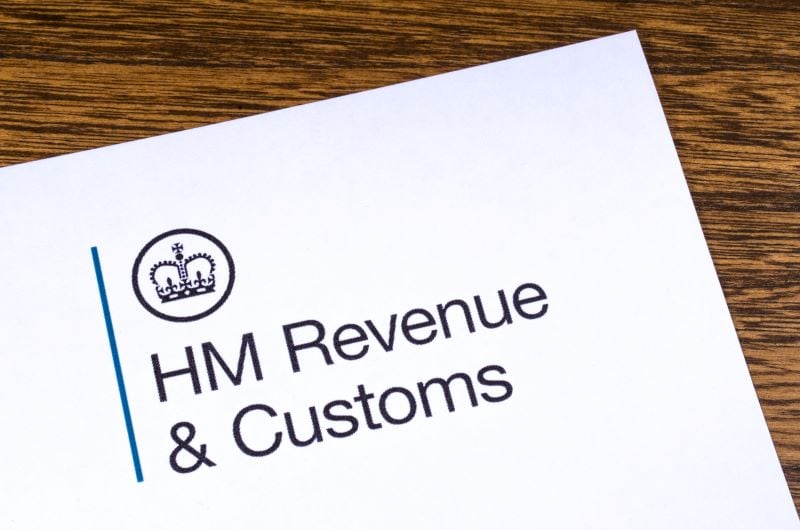HMRC’s Octagon Green investigation: One key takeaway
It’s one thing for a company to face an HMRC investigation for tax evasion – and another to face such an...
READ MORE
Santhie Goundar reports on responses to HMRC’s consultation on modernising the tax administration system for the 21st century – including those of IFA members.

HMRC should be “more transparent in its interactions with taxpayers”, according to IFA respondents to a government consultation on modernising the tax administration framework, who also expressed support for digital reform and called for “greater certainty and clarity” in the tax system.
A summary of responses to the government consultation titled The Tax Administration Framework: Supporting a 21st Century Tax System was published on 30 November 2021, which included IFA members’ views – although the response summary document also noted there was also “overwhelming support from [all] respondents for changes to simplify the tax administration framework and reduce administrative burdens for individuals and businesses”.
“Some elements of the UK’s tax administration framework are now over 50 years old and were not designed for a modern, digital tax system,” the document explained. “The laws governing tax administration need to change to allow HMRC to deliver world-leading services and support taxpayers better as they interact with HMRC digitally.”
‘Transparency, greater clarity and certainty needed’
In calling for HMRC to be more transparent in its interactions with taxpayers, the IFA stated this applied to “the tax infrastructure as well as interaction with taxpayers directly – tax agents should have the ability to see everything that their clients see”.
“The reformed tax administration framework must be flexible enough for taxpayers to move in and out of charge to different taxes more frequently than is currently expected,” the IFA response continued. “The existing tax administration framework was formed at a time when taxpayers fitted into legislative boxes (old ‘schedules’) according to their category of income: employment, self-employment, rental income, investment income.”
Many respondents felt there was a disparity in treatment between different taxpayers. The IFA added that the tax administration framework “needs to cope better with taxpayers who have income from many sources and who frequently change the mixture of income they receive – requiring a taxpayer to understand the different deduction and declaration rules for three or four different sources income is asking too much”. Consultation respondents also said greater certainty and clarity were key factors in building trust – saying taxpayers need to “easily determine their tax liability” and that “clarity needed to be reflected in legislation and administrative guidance”.
Support for digital reform
The HMRC summary document said many respondents supported digital reform “to build a modern, digital tax system that is adaptable, resilient and responsive [including] collecting more real-time information, increasing the use of pre-population and the development of the Single Customer Record and Account”, while stressing the need to support people who cannot use or struggle with digital technology.
The IFA stated that in a digital tax administration framework, there will be “key dependencies on computer systems and interaction with commercial software”, adding that “all of HMRC’s tax processing systems need to talk to each other and smoothly exchange data – sufficient time needs to be allowed for implementing legislative and guideline changes in computer systems and software and ensuring that those changes are implemented correctly, to avoid future manual interventions”.
IFA members further expressed that “a unique ID for each taxpayer will be key to the reformed tax framework”, noting that at present, not all UK residents have a national insurance (NI) number, so there is no universal system for tax ID – especially given that some taxpayers have the same NI number, or two UTR numbers, or data from two taxpayers has been muddled, and so on.
“The security and uniqueness of an ID number for every participator in the tax system – taxpayers and tax agents – is key”, said the IFA.
The IFA would like to thank its members for their input, and for their help in giving IFA a voice in this consultation.